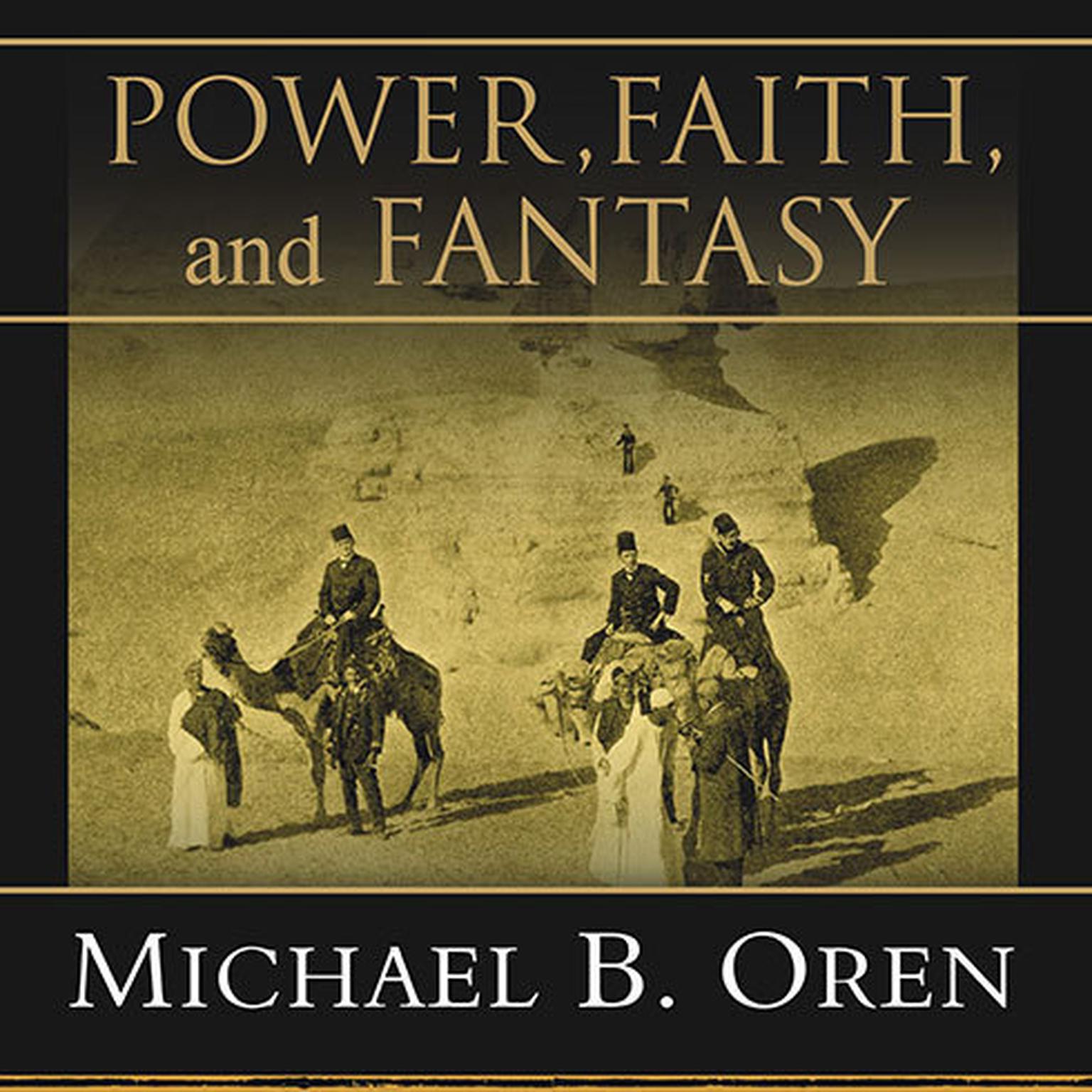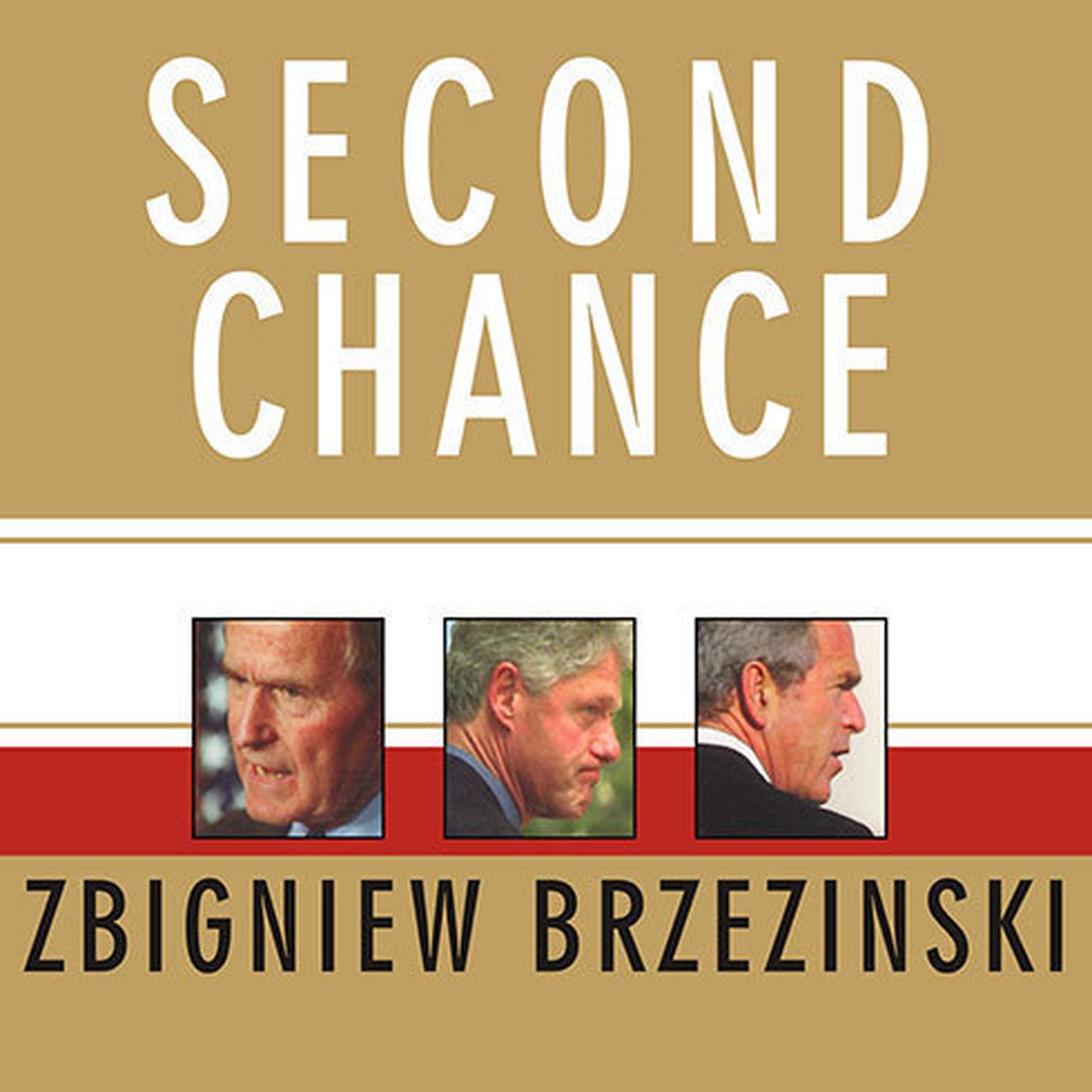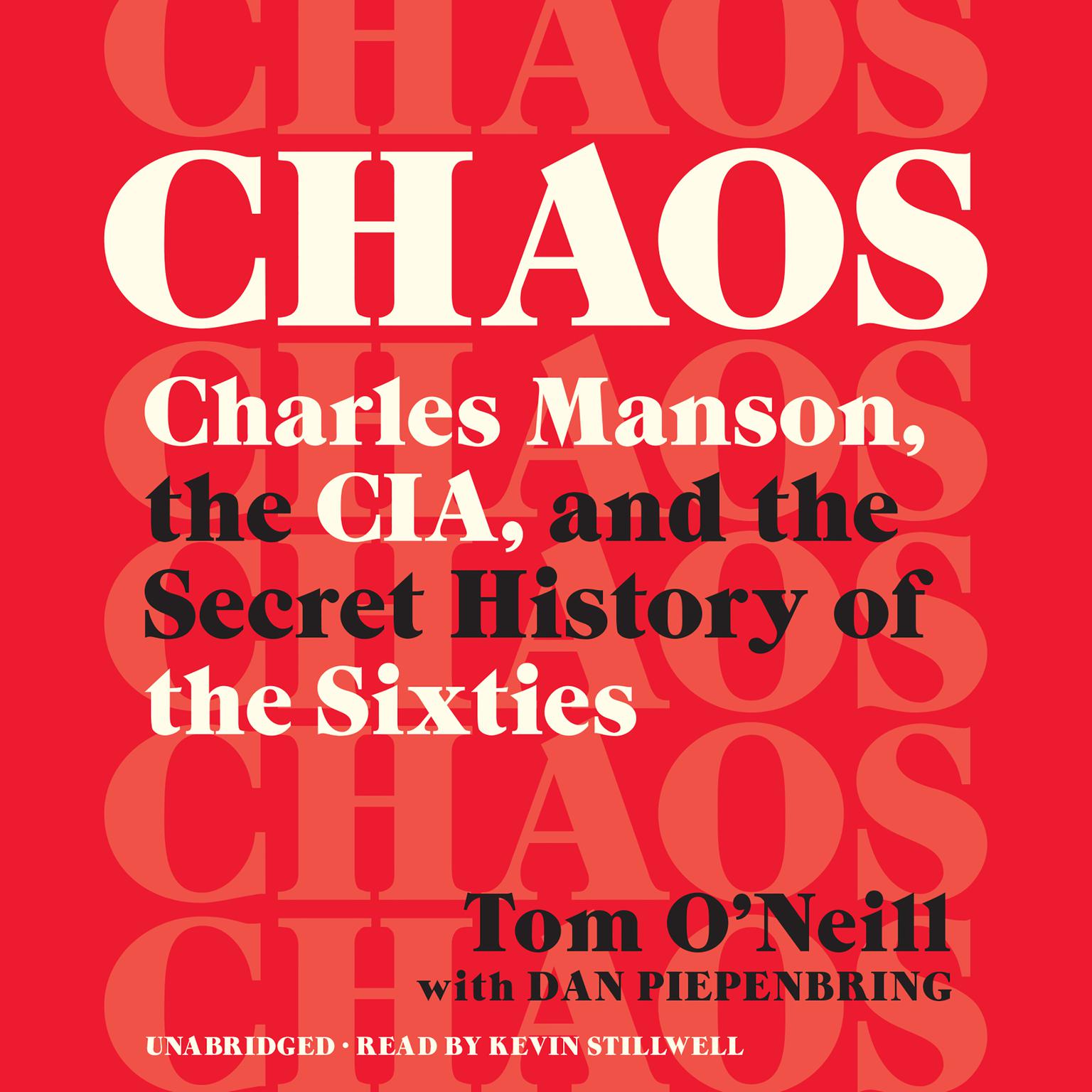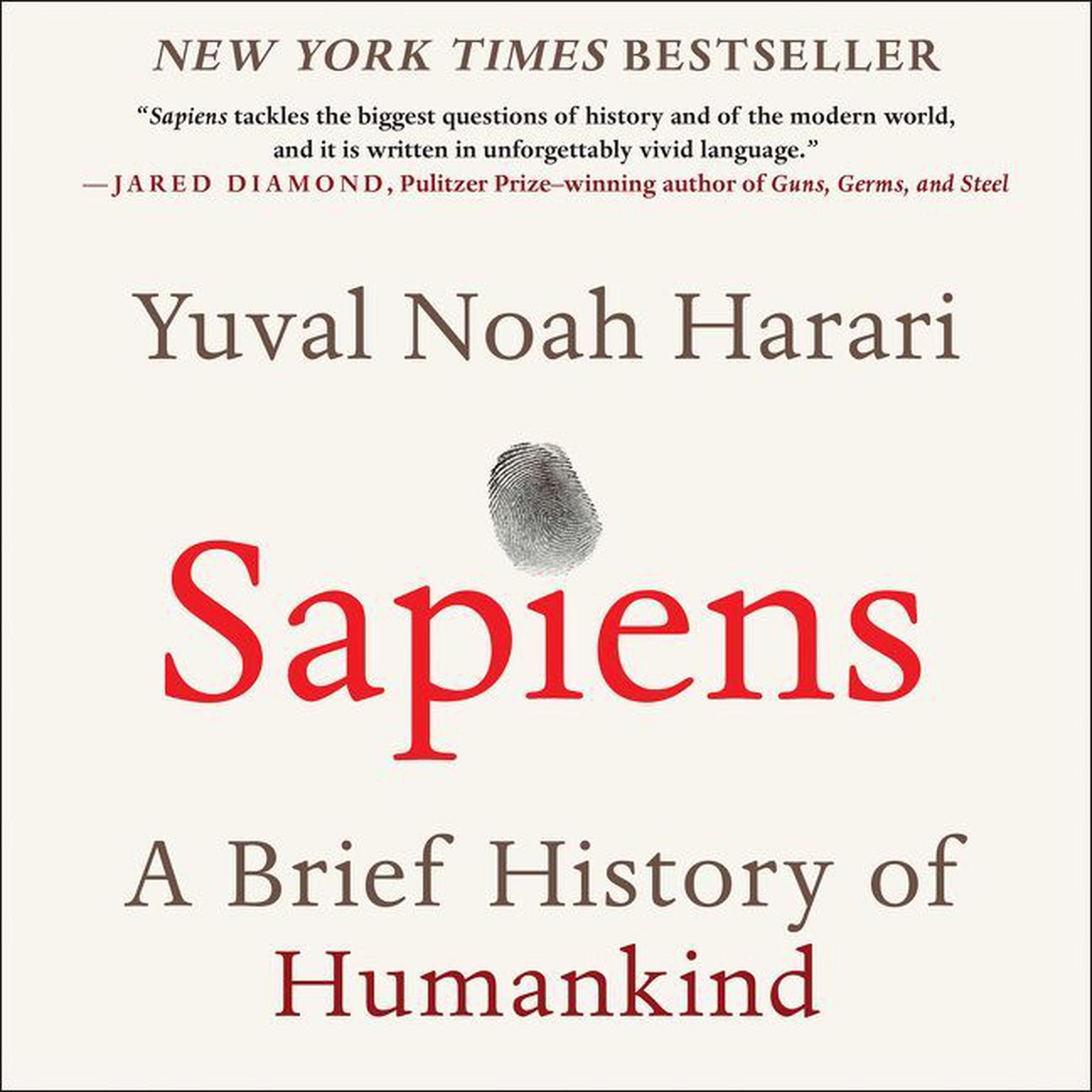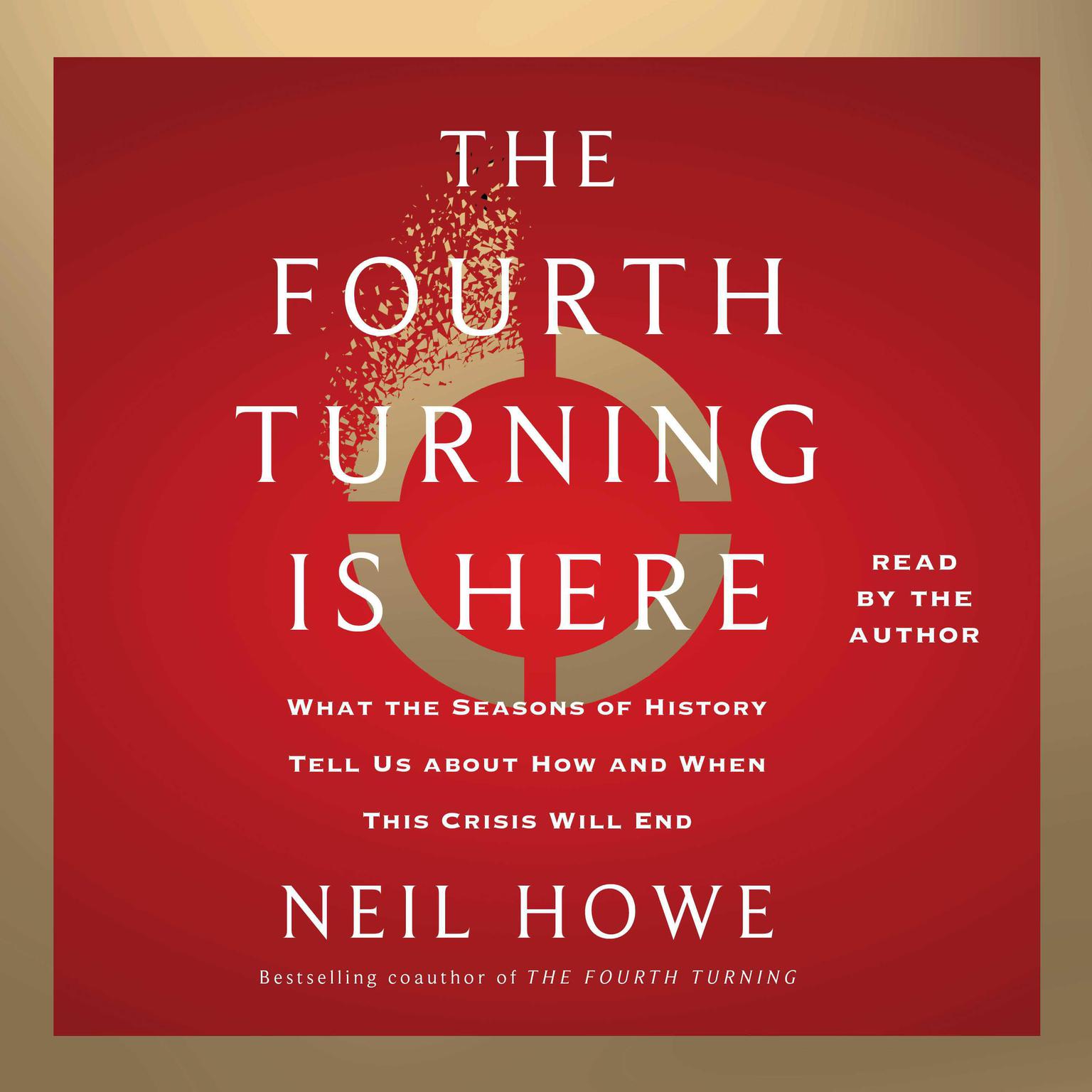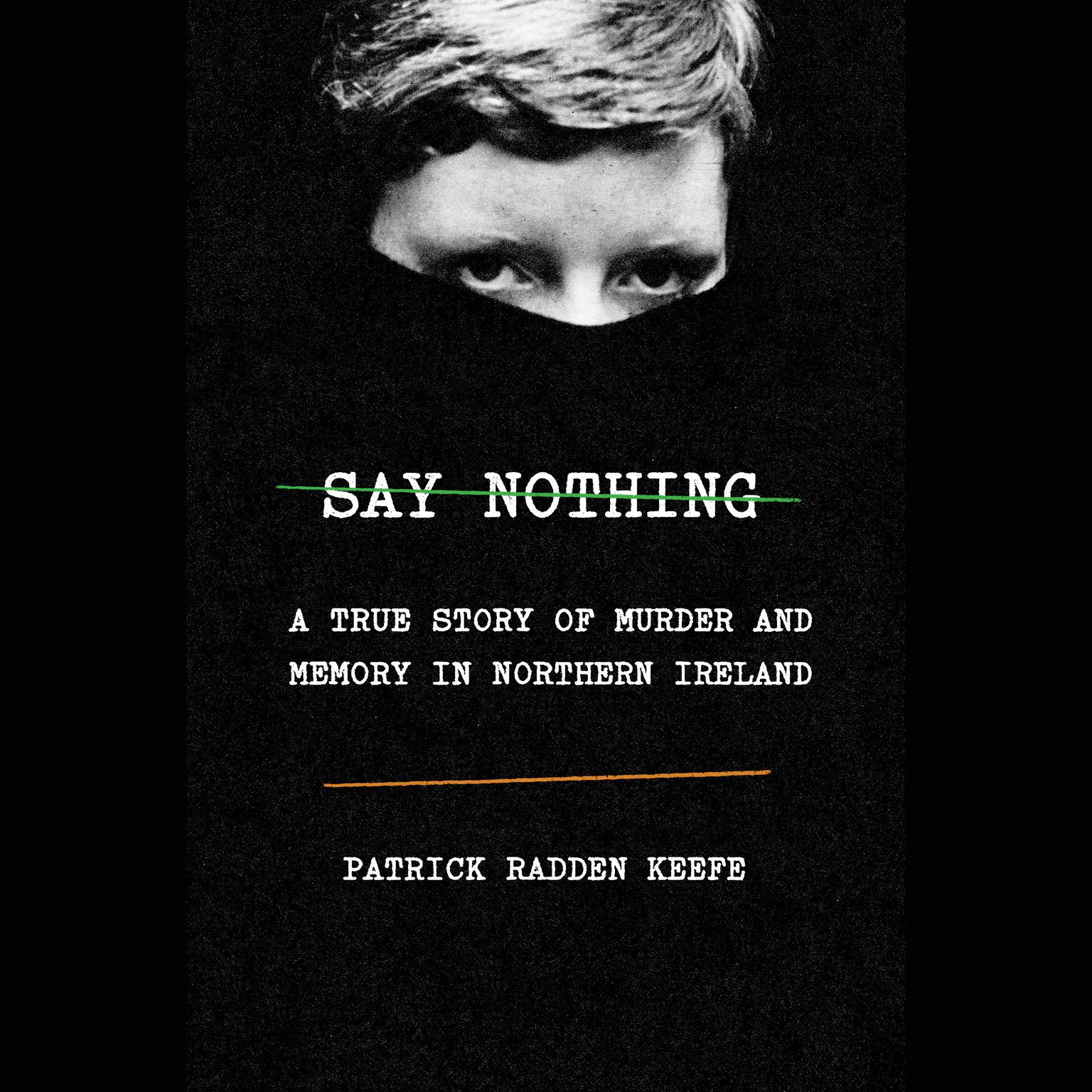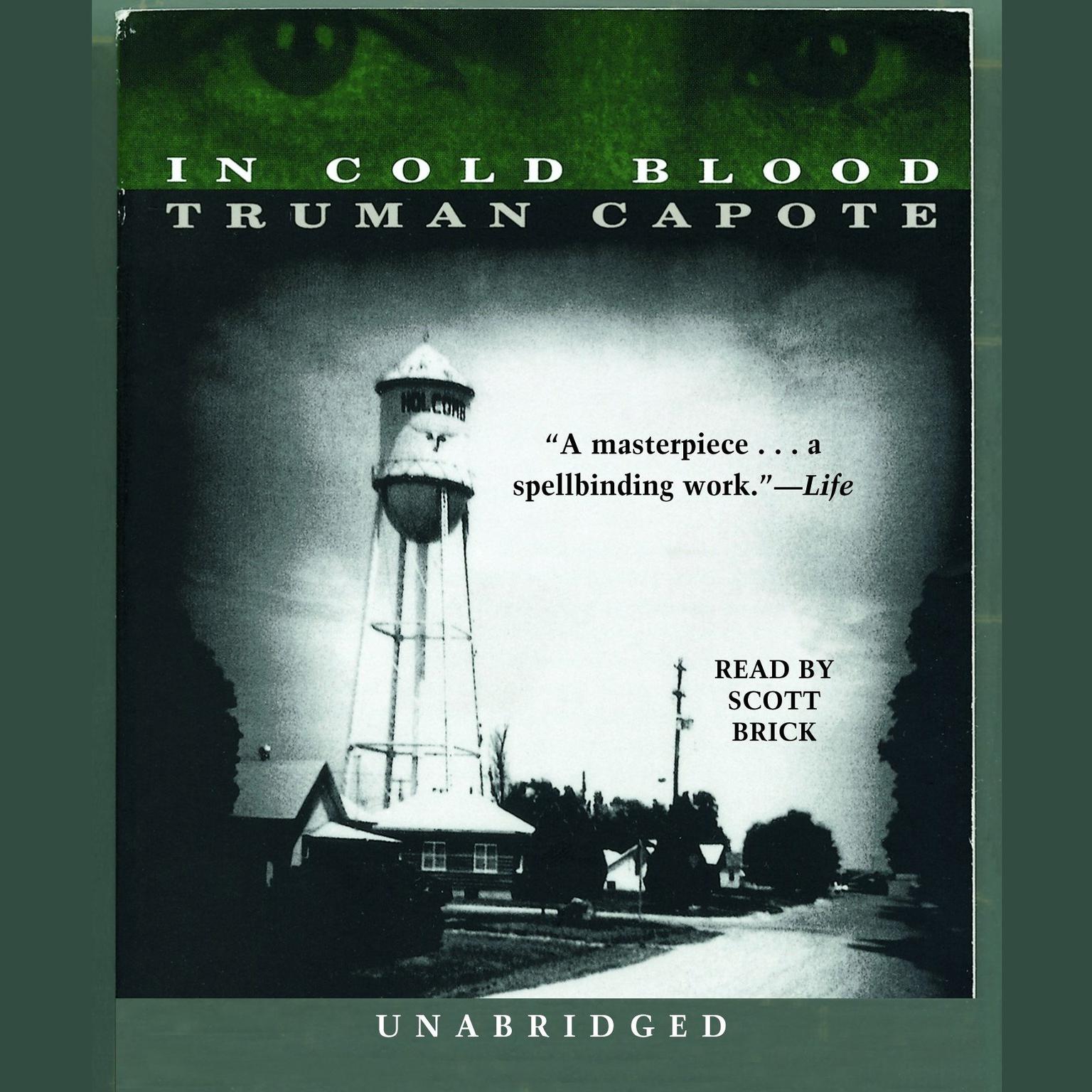Publisher Description
This is the first comprehensive history of America’s involvement in the Middle East from George Washington to George W. Bush.
From the first cannonballs fired by American warships at North African pirates to the conquest of Falluja by the Marines, and from the early American explorers who probed the sources of the Nile to the diplomats who strove for Arab-Israeli peace, the United States has been dramatically involved in the Middle East. For well over two centuries, American statesmen, merchants, and missionaries, both men and women, have had a profound impact on the shaping of this crucial region. Yet their story has never been told—until now.
Drawing on thousands of government documents and personal letters, this book reconstructs the diverse and remarkable ways in which Americans have interacted with this alluring yet often hostile land stretching from Morocco to Iran and from the Persian Gulf to the Bosporus. Covering over 230 years of history, Power, Faith, and Fantasy is an indispensable work for anyone interested in understanding the roots of America’s Middle East involvement today.
“This is a wonderfully rich and thought-provoking history.” —Library Journal Starred Review
Download and start listening now!
“This is a great read of the history of the U.S. in the Middle East. Much of the material is not well-known to Americans. I was fascinated by the stories of American efforts in the late 1700’s and early 1800’s to deal with pirates in the Mediterranean. Equally interesting were the accounts of American missionaries and their struggles mainly to survive and also to convert local Muslims to Christianity. The great legacy of these efforts were the wonderful American secondary schools and universities that were established in Cairo, Beirut and Istanbul. Sons of the early missionaries and educators then became diplomats and business people throughout the region. I had never heard of the cooperation of former Confederates and Union generals in Egypt after the Civil War to build the Egyptian army and help modernize the state. As American influence grew, the clash of American principles and American interests became more certain and more pronounced. Written by a brilliant Israeli scholar and diplomat, the book shows a fine understanding of American values and of the contradictions that the application of those values can entail. Because of the author’s focus, he skims a bit lightly on Israeli actions in the region when he comes to descriptions of the events since 1948, but in fairness, his purpose was to talk about the American action and perspective and not to have a survey of all the views of various states in the region. Any American, and anyone anywhere with an interest in the Middle East, will enjoy this book and its accurate, thoughtful and insightful observations.”
—
Bob (4 out of 5 stars)
